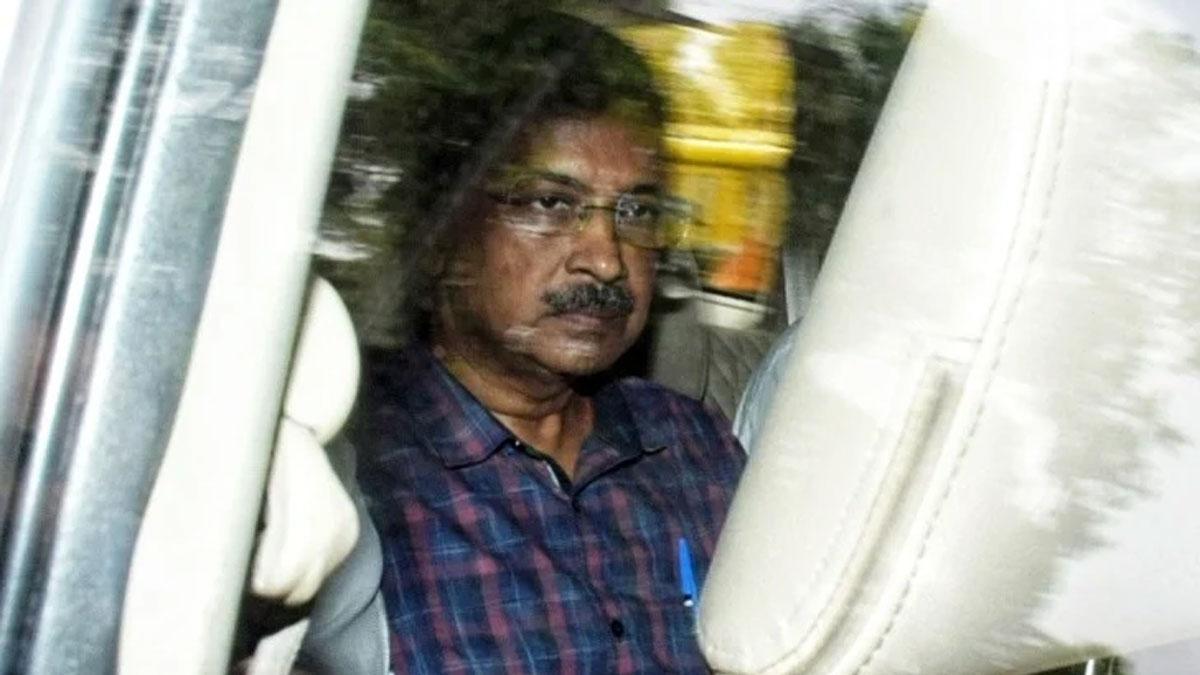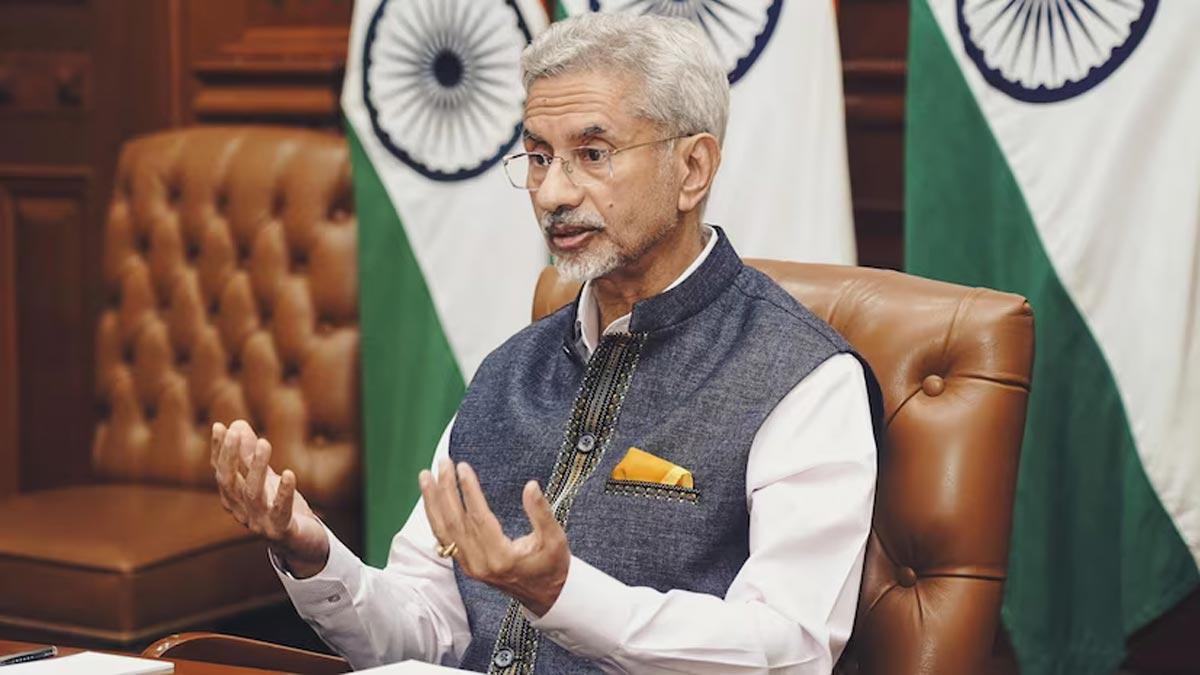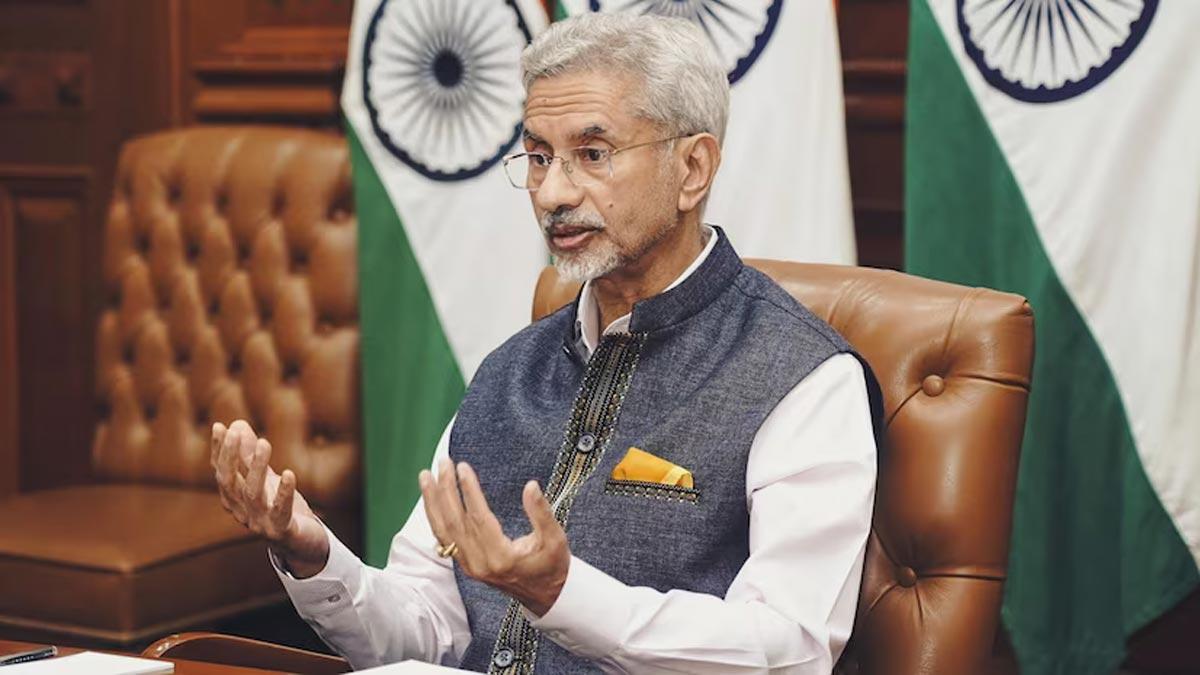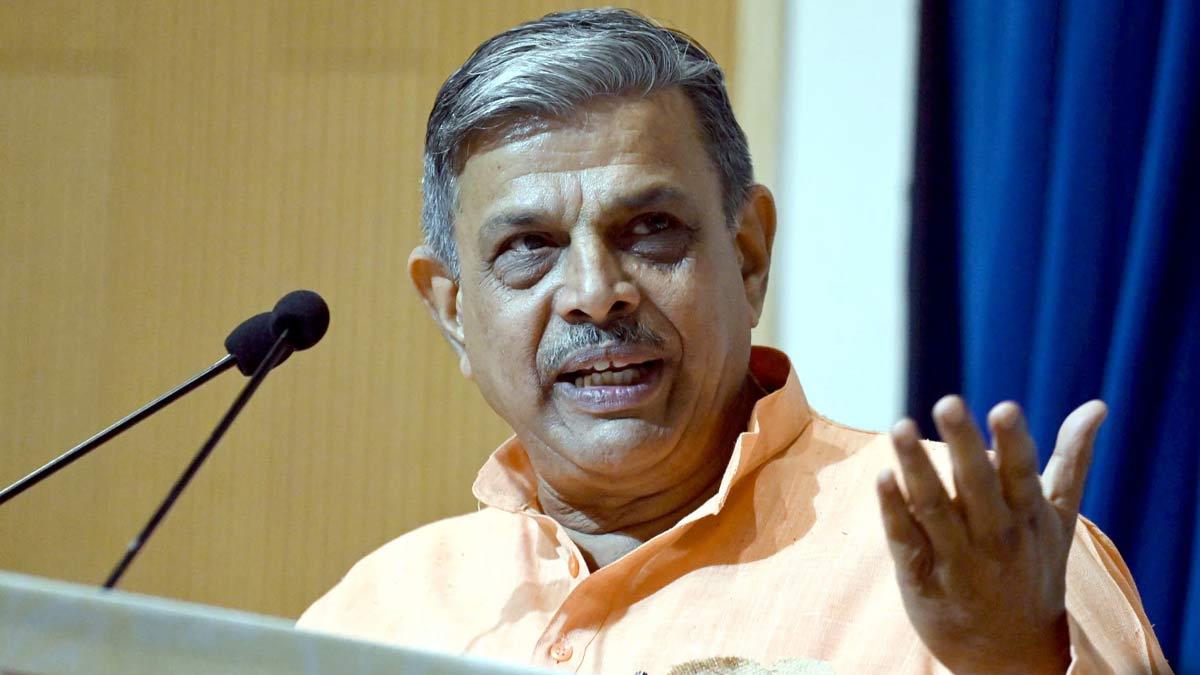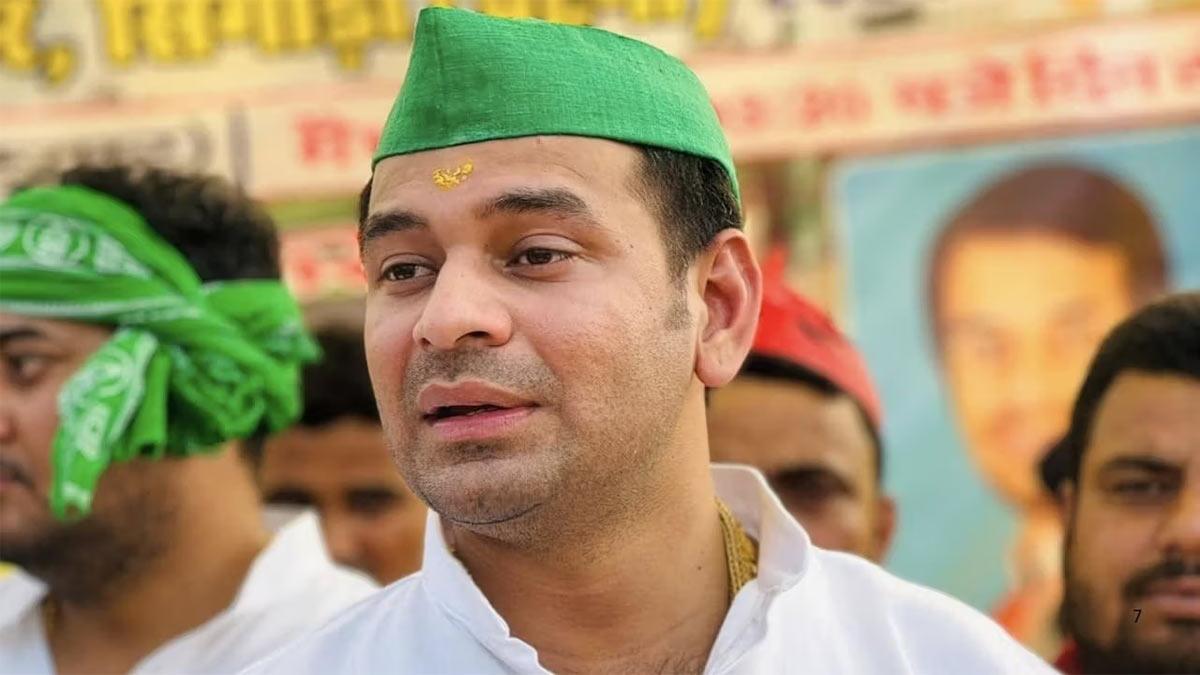In a recent ruling, the Delhi High Court dismissed Chief Minister Arvind Kejriwal's petition contesting his arrest by the Enforcement Directorate (ED) and upheld the trial court's decision to remand him to the agency's custody. Emphasizing the judiciary's role as custodians of justice, the court asserted its obligation to abide by the law rather than succumb to political pressures.
Justice Swarana Kanta Sharma, presiding over the case, acknowledged the ED's claim of possessing substantial evidence against Kejriwal. Despite arguments from senior advocate Abhishek Manu Singhvi, representing Kejriwal, that the arrest was politically motivated, the court reaffirmed its commitment to impartiality, stating that political considerations hold no sway in legal proceedings.
The verdict underscored the judiciary's steadfast dedication to legal principles, asserting that while politics may influence governance, it remains beyond the court's jurisdiction to intervene in political matters. Justice Sharma emphasized the importance of focusing solely on legal merits, clarifying that the dispute at hand pertains to the ED and Kejriwal rather than political factions.
Furthermore, the judgement highlighted the judiciary's autonomy from political influence, emphasizing its duty to interpret laws and assess actions in accordance with constitutional norms. Refuting claims of illegality in Kejriwal's arrest, the court cited compliance with procedural requirements under the Prevention of Money Laundering Act (PMLA) and the Indian Constitution.
The ED's allegations against Kejriwal, including involvement in the Delhi excise scam and money laundering, were considered within the legal framework, with the court affirming the agency's adherence to due process. The ruling reiterated the judiciary's commitment to upholding the rule of law, independent of political affiliations or influences.
Read also | Prime Minister Modi: Attacks on Central Investigating Agencies Now Routine in Bengal

